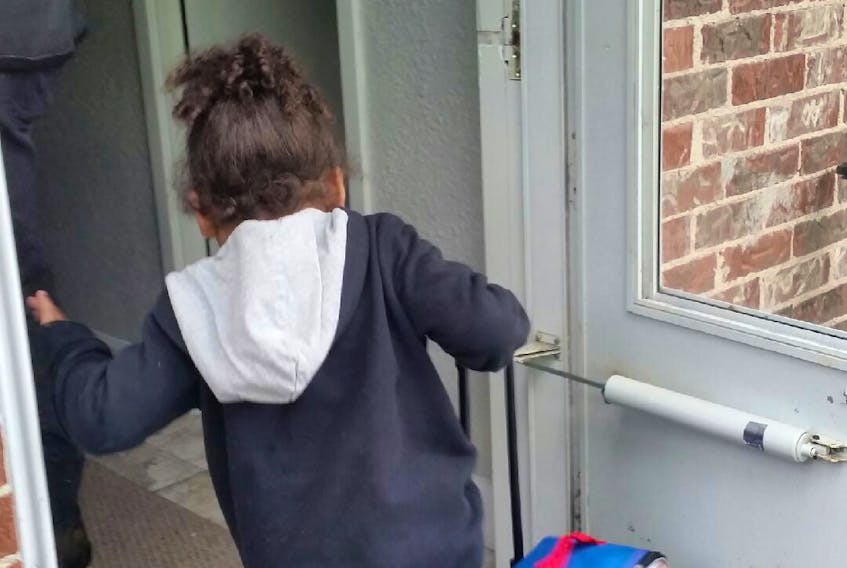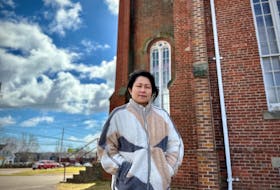SUSAN HARTLEY
The plans for reopening schools, as presented by governments across Canada, may or may not be the right thing to do in relation to COVID-19.
But rather than asking “Should schools reopen?”, it is more important to dig deeper on the question “Why are we opening schools?”
Arguments for returning our children to school during this time not only include, but underline, the importance of school in protecting our children from situations that increase the likelihood of exposure to family violence, parental mental illness, poverty, homelessness, anxiety, depression and exacerbation of pre-existing mental health problems.
A recently released report from the Hospital for Sick Children in Toronto states: “Several organizations, including the American Psychological Association (APA) and World Health Organization (WHO), have highlighted concerns about the potential impact of lockdown on family discord, and family violence including intimate-partner violence, and child/youth maltreatment. Risk factors that may contribute to the increased risk of child/youth maltreatment in this context include the heightened rates of parental/caregiver unemployment, family financial stress, parental mental illness, including increased substance use and lack of social supports.”
In other words, the current discourse and debate around the back-to-school plans on P.E.I. and elsewhere have shone a brighter light than usual on what we already know is a significant public health issue: the role of social determinants of health — such as poverty, family violence, homelessness, and parental mental health — on our children’s ability to thrive.
Perhaps, then, we should ask: What is it that benefits a child’s social and emotional health that exists in schools but not out of school?
The first point of learning and social-emotional development and support is the family and the immediate community. Going back to school should not be the solution to a child being exposed to family violence, food insecurity, income insecurity, parental mental illness, etc. Nor should it be a solution to the lack of preventive initiatives and support that could be given to our families beginning early in a child’s life.
A child’s mental health and safety is not determined by the ability to go to school, and if indeed the authors of the report from Sick Kids are correct, and a child’s mental health and learning is harmed by being in their families and immediate community rather than in school, what does that say about how we as a society, as a system, care for our children and their families?
In a recent opinion piece regarding reopening schools Eastern Graphic (a P.E.I. newspaper), publisher Paul MacNeill concludes that we are “missing an opportunity for transformational system change, still stuck in a ‘this is how we’ve always done it’ mentality.”
I would suggest that transformative system change may start with asking ourselves: “What is sending children to school the solution for?” And if, as the experts at the Hospital for Sick Children suggest, it is, in a large part, to decrease the number of children exposed to family violence and maltreatment, or the number of children experiencing anxiety or depression, then perhaps we already know where the transformation needs to happen.
Susan Hartley, PhD, psychologist, lives in Georgetown Royalty, P.E.I.









